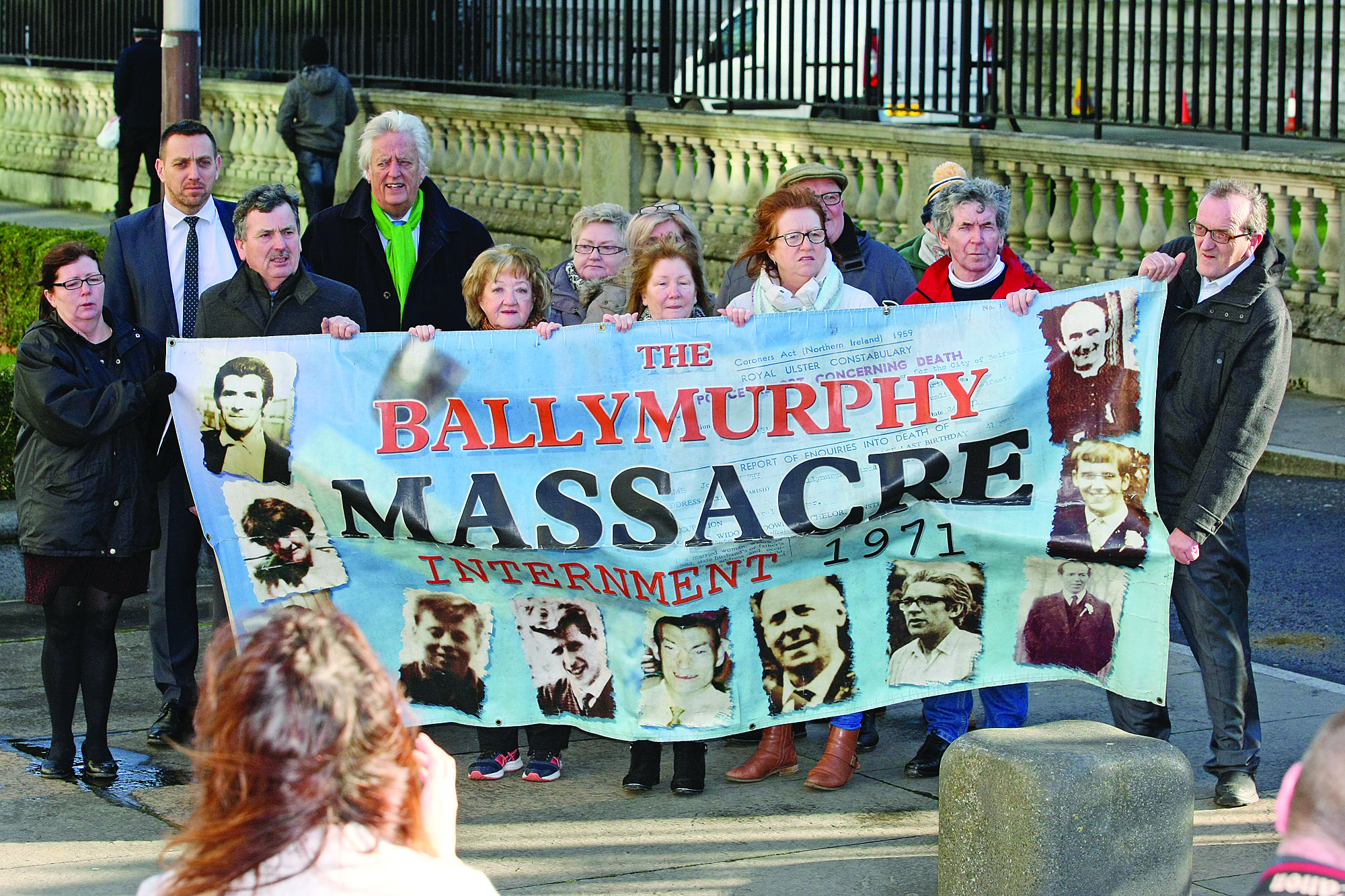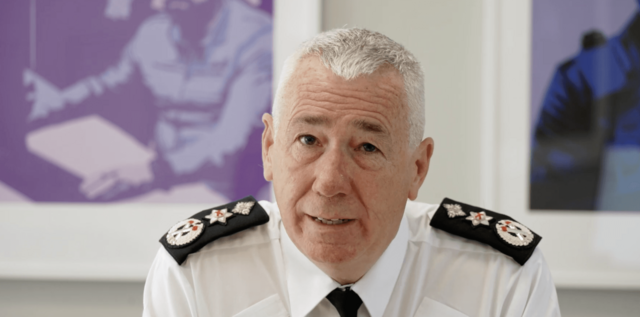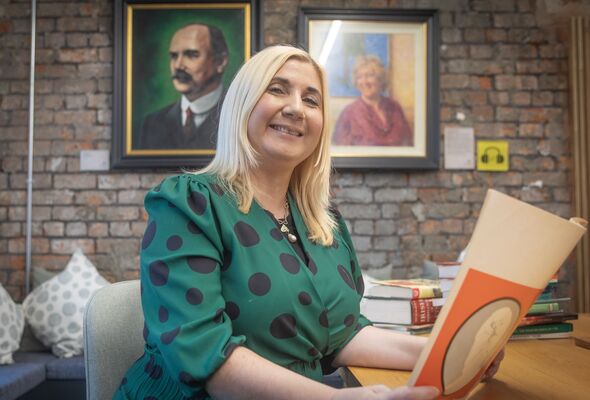This Good Friday I remember 25 years ago with mixed feelings. A moment most cherished, a passage of time most problematic.
There are many who will say that dealing with the past could never have featured in the Agreement because they would still be locked in a room. Others will say that putting in place measures following the Agreement was not possible because no-one won. Genuine and dedicated people say these things. But there is a weight in those words. In 1998 victims and survivors were failed and have been failed by the 25 years since.
For the bereaved and those injured these 25 precious years have been robbed from them as the lives they could have lived were instead spent in courts they never wanted to be in, and campaigns they never chose, to have the bare modest demands for truth and justice acknowledged.
Victims and survivors have either been ignored or at regular intervals used as vehicles for political point-scoring. That is not to say that there have not been genuine and dedicated advocates for victims in the political realm or that in isolated cases significant progress was not made. There have been and there was. Indeed, many in the political realm are victims and survivors themselves. But the body politic has failed to deliver the measures required to ensure equal citizenship for this most sacred of constituencies.
Victims were asked to wait. And their goodwill was taken for granted as the peace process progressed. In 2014 – sixteen years after the Agreement – they were told their day had come with the Stormont House Agreement, but then were told to wait again, until the day when they were told to go home in favour of state impunity.
For it is the British Government that holds the biggest responsibility for this travesty. Only the British Government put in place secret courts. Only the British Government uses a “smothering blanket of national security” to prevent progress on the Stormont House Agreement. Only the British Government refuses to meet its obligations under the ECHR’s Article 2 Right to Life. Only the British Government put in place a universal amnesty. Unilaterally and with a careless attitude to law, families or our future generations, the British Government has acted callously and in so doing undermined the Good Friday Agreement’s promise of equal citizenship.
Families have been plunged into the despair of knowing that elderly relatives will die without remedy and knowing younger relatives are condemned to the mental health catastrophe of intergenerational trauma. All while others will tell them to “move on” and stop “resurrecting the past”.
Policing is the other challenging and related thornbush of our peace process. Failure to deal with the past has utterly contaminated its potential. Of course a twentysomething new recruit, motivated to make their community safe and pleasant, should not be carrying the weight of the abuses of the RUC. A process to deal with the past could have freed both the PSNI and the families instead of what unfolded – a destructive war of RUC/PSNI reputational narrative vs families' right to truth.
The promise of the Good Friday Agreement for equality and human rights compliance deserves to be celebrated. But imagine if we were marking this anniversary having delivered basic rights to all victims. What a thoroughly different anniversary this could have been.








